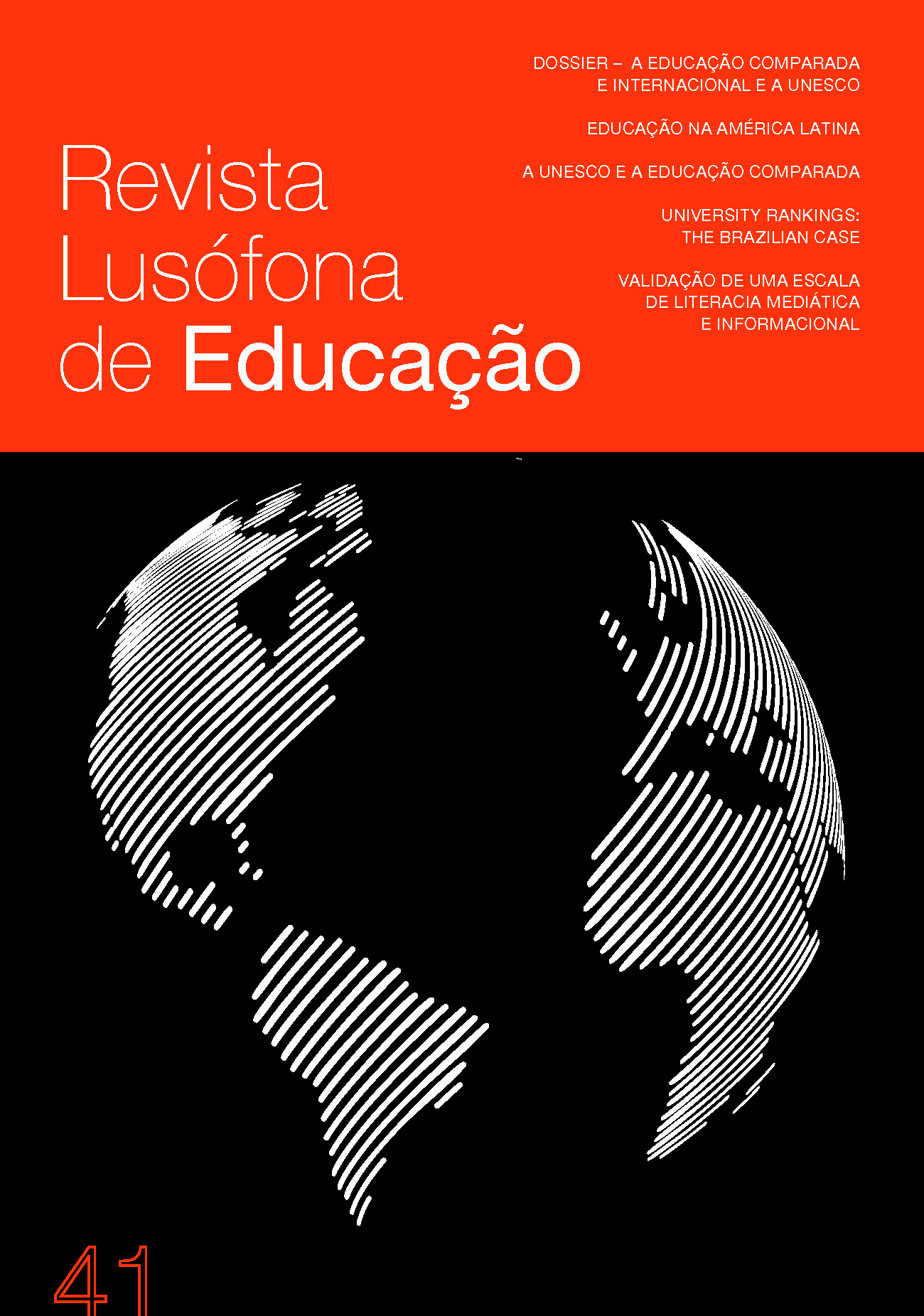The state of the art in comparative education and WCCES at a crossroads in the 21st Century
Resumen
The focus of this work is the potential contributions and emerging challenges in comparative education. Globalization has brought a heterogeneous world globalization, having the global capitalism mostly as an expression, whereas there has been place enough for dissent. Limited theory and empirical research defeat the purpose of comparative education as an intellectual field for the analysis of globalization and anti-globalization. The author, based on the journey of a critical theorist as WCCES president, establishes a brief historical perspective of comparative and international education. Regarding the latter not as a discipline, but as an interdisciplinary field, he states that in this period we learned to work in three broad orientations: scientific, pragmatic and an international dimension of education, eminently global. However, the best contributions of comparative and international education have not taken place in WCCES. Therefore, this work concludes with proposals for the Council. The most important are the adoption of the positions of the Incheon Meeting, as well as to assume that our commitment remains firm in favour of equity transformational projects.
Key words: comparative and international education; critical theory; globalization; global capitalism; WCCES.
Descargas
-
Los autores y las autoras conservan los derechos de autor, sin ningún tipo de remuneración, y conceden a la revista el derecho de primera publicación. La obra se publica simultáneamente bajo la Licencia Creative Commons Atribución 4.0 Internacional (CC BY 4.0), que permite a otros compartir (copiar y redistribuir el material en cualquier medio o formato) y adaptar (remezclar, transformar y crear a partir del material para cualquier propósito, incluso comercial), siempre que se reconozca la autoría y la publicación inicial en la RLE.
-
Los autores y las autoras están autorizados a celebrar contratos adicionales de manera separada para la distribución no exclusiva de la versión de la obra publicada en esta revista (por ejemplo, depositarla en un repositorio institucional o publicarla como capítulo de libro), siempre que se reconozca la autoría y la publicación inicial en la RLE.
-
Los autores y las autoras tienen permiso y son alentados/as a publicar y difundir su trabajo en línea (por ejemplo, en repositorios institucionales o en su página personal), ya que esto puede aumentar la visibilidad y la citación del trabajo publicado (véase El Efecto del Acceso Abierto).








